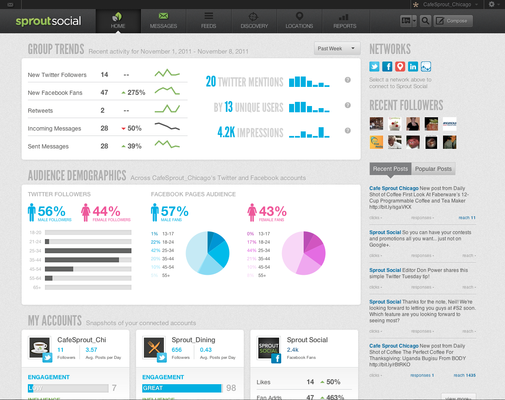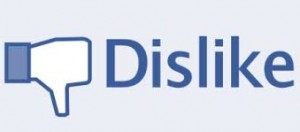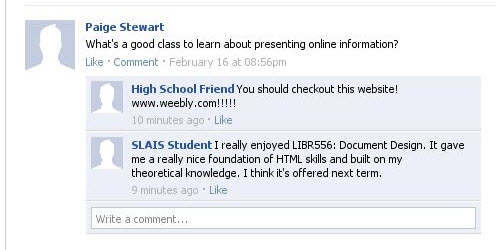The review you have been waiting on the edge of your seat for is here! That’s right! I’ve entered the trenches for you and now have (limited) opinions regarding 3 different social media aggregation tools.
DISCLAIMER: My original ten categories for evaluating these apps didn’t work too well. Basically, they don’t crash my system, don’t have ads, and perform similar functions. So those categories have been thrown out the window. Instead, I’m going to focus more on the design and user experience.
~THE CONTENDERS~
If I’m going to be glancing back and forth between these apps throughout the day, then none of them sticks out too strongly. But, if I’m going to be using one of these for hours on end, then I have some opinions.
- Feedly: Offers a bunch of different reading options and the ability to customize fonts. I really did not like the look and feel of the thumbnail only view, but liked the “List” view that has small thumbnails and headlines.
- Hootsuite: The great thing about Hootsuite was all the information it provides on the homescreen. The issues with Hootsuite was all the information is provides on the homescreen. It felt very garbled and too busy.
- SproutSocial: I love simplicity. SproutSocial embodies simplicity. It’s clean, easy to read, and gave me all the information I needed in a visually appealing design.
WINNER: SproutSocial
Deciding on an app based on my own personal preferences is a bit lacking in professionalism and rigor. Therefore, I’ve decided to step back from my own feelings and reevaluate these three apps as if I were a social media director at an information organization.
The winner is still SproutSocial. If I were wanting to monitor and capitalize on my organizations social media presence, then I would want the ability to evaluate. SproutSocial provides reports through its integration with Google Analytics.




 I will admit that I use Facebook for a lot of things: messaging, stalking, and checking up on social activities. But, I’ve found my ability to collaborate with fellow MLIS students hampered by one thing: non-MLIS students. Yes, I respect everyone’s opinions and value input…but sometimes I really am only trying to connect and create with a certain group of people.
I will admit that I use Facebook for a lot of things: messaging, stalking, and checking up on social activities. But, I’ve found my ability to collaborate with fellow MLIS students hampered by one thing: non-MLIS students. Yes, I respect everyone’s opinions and value input…but sometimes I really am only trying to connect and create with a certain group of people.


 myself through an avatar. I’m not comfortable with photographs of just my face. But, I do like caricatures and I think they provide a unique way of showing a person without…showing a person. For example, here is my avatar from my Xbox Live account. She just looks so much more cheerful and professional than I do in real life.
myself through an avatar. I’m not comfortable with photographs of just my face. But, I do like caricatures and I think they provide a unique way of showing a person without…showing a person. For example, here is my avatar from my Xbox Live account. She just looks so much more cheerful and professional than I do in real life.